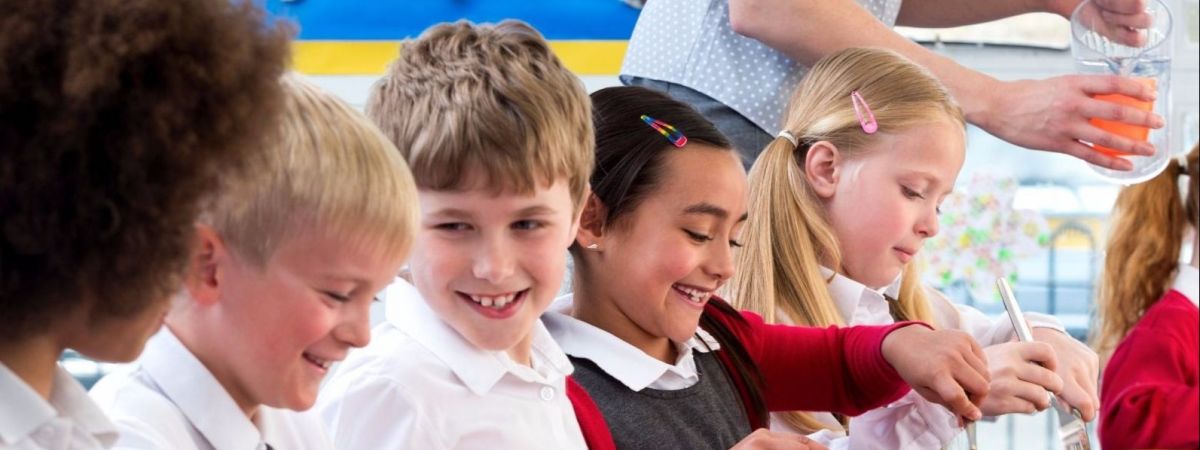A Response to George Monbiot
Our Campaign Manager Mike Burke has penned the following response to George Monbiot’s article in The Guardian today:
George Monbiot in today’s Guardian effectively argues that schools teaching a rigorous knowledge-based curriculum and insisting on the highest expectations of behaviour are failing to prepare pupils for the future:
“Children learn best when teaching aligns with their natural exuberance, energy and curiosity. So why are they dragooned into rows and made to sit still while they are stuffed with facts?”
“When they are allowed to apply their natural creativity and curiosity, children love learning. They learn to walk, to talk, to eat and to play spontaneously, by watching and experimenting. Then they get to school, and we suppress this instinct by sitting them down, force-feeding them with inert facts and testing the life out of them.”
We disagree fundamentally with his argument.
Creativity doesn’t just enter the minds of children through directionless play and study. Serious creativity demands extremely hard work and vast amounts of knowledge – particularly, but by no means exclusively, in those areas like technology, computing and AI which will become increasingly important in our economy and society in the future.
You can be sure that someone that has enjoyed a highly academic schooling and who knows vast amounts of subject matter will be more creative than someone that merely believes in the value of creativity – or who thinks of themselves as creative. It takes knowledge to be creative in the first place.
Look at many of the most successful people in the business world and you will see that they benefited from a rigorous and continually academic education. It is no coincidence that 93% of Fortune 500 CEOs had university degrees as of 2012, and 90% of FTSE 250 CEOs had them as of 2013.
It is exceedingly difficult to be creative with arguments, inventions and ideas without having the knowledge required to understand what is already known, available and has been done before. All great inventions and breakthroughs of the past have built upon work that came before, and this will be no different in the future.
This all requires ambitious and nurturing teaching that pushes children to achieve as much as possible. It also requires a high level of discipline, minimising distractions and maximising learning, to help a child reach his or her potential.
Monbiot references several schools that take more ‘creative’ approaches to teaching their children, with differing results. Some are perfectly reasonable – the integration of technology into learning, as shown by The Essa Academy in Bolton, makes sense in an increasingly online world – but others are misguided to the point of harming the education of pupils that study there.
Most notable of Monbiot’s examples is the Reggio Emilia approach, which he states allows children to develop their own curriculum. This is a terrible idea. It is the responsibility of teachers to work out what a child must know in their subject in order to succeed in fields relating to it, and then to pass that knowledge on.
Allowing a child to create their own curriculum will only harm their education, as a child cannot possibly be expected to already know what they need to know! It is the duty of the school to impart this knowledge upon them, and so they must decide upon the curriculum.
It is therefore clear that rigorous academia and a high level of discipline are what will be required to develop the creative and critical workforce needed in the future. Knowledge-based, rigorous learning with regular challenging assessment does not teach children to behave like machines – it gives them the abilities needed to rise above and control them.
The views expressed here do not necessarily reflect those of PTE or its employees.
